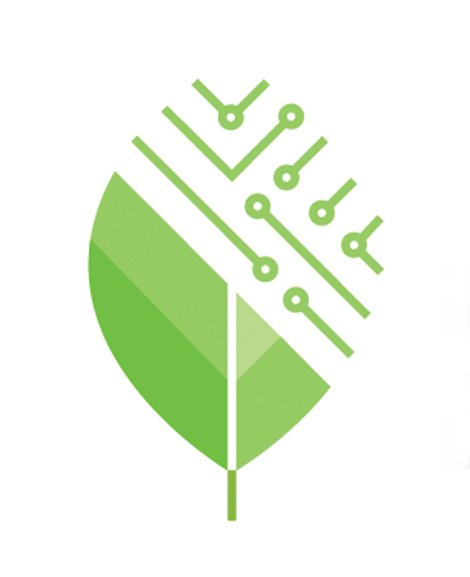Why are we running this project?
Greater interdisciplinary or indeed transdisciplinary pooling of sustainability and digitalization research is still at a rudimentary stage in its development. There have been some initial interdisciplinary projects that shed light on the opportunities and risks that digitalization entails for sustainability. Virtually no interdisciplinary networking takes place with the technological sciences, however. To date, sustainability researchers have focused above all on the impacts of digitalization. There is therefore considerable need in the (inter)national research landscape for the technological, social and economic sciences, as well as the humanities, to jointly analyze on an interdisciplinary basis the potentials and challenges of digitalization for a social and ecological transformation – in collaboration with partners from civil society, business and politics/governments. The idea is for applied knowledge to be generated in the process in order to achieve the goals of global sustainable development.
What are our goals?
The goal of the project is to foster discourse at the interfaces between the scientific communities conducting research on sustainability and digitalization. In so doing, the project will help us understand how the introduction and application of digital technologies will affect individual practices and social and economic structures. In addition, it is to be explored which opportunities and risks social transformation entails in terms of achieving the targets of globally sustainable development.
How does the project work?
The systematic pooling of sustainability and digitalization research encompasses components relating to networking, analysis and public discourse. This includes:
- setting up a core group of recognized experts from the scientific community;
- identifying research requirements on the basis of various exchange formats between the members of the core group and beyond;
- publishing expert reports and articles on selected topics in a targeted manner;
- fostering public discourse through presentations and discussions at events attended by other relevant actors;
- establishing prospects that will allow the networking activities between the actors to continue.
As well as targeting science, the project will also have an impact on the broader civil society and political public sphere, which will be brought into the debate through publications and events.


